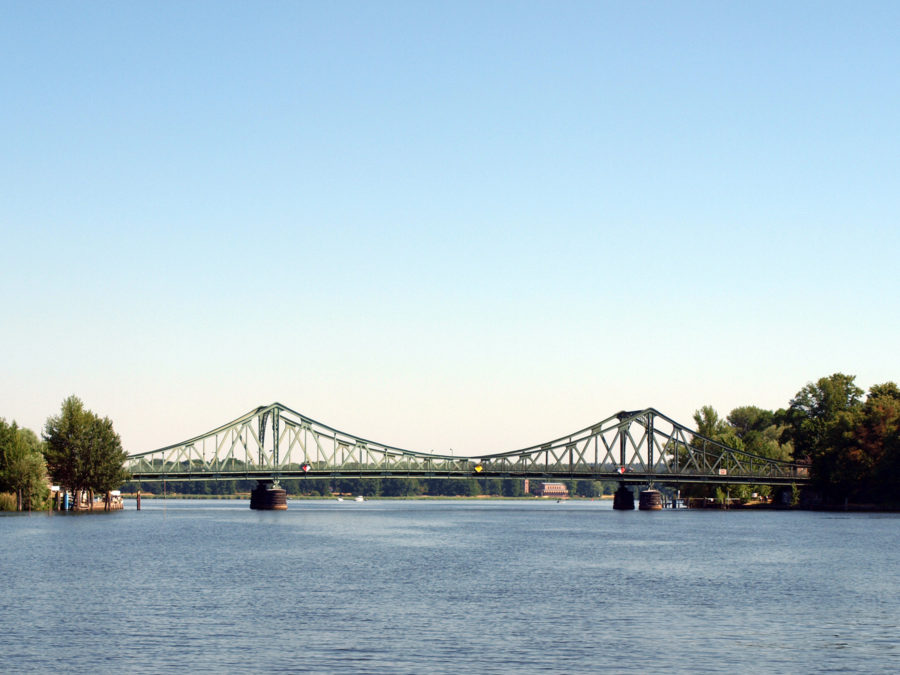
In January 1992 in the early days of a reunified Germany I visited Potsdam after dropping off the Vilnius Diplomatic Bag at the British offices in the old Berlin Olympic Stadium. I wanted to see the Palace of Sans Souci, where Frederick the Great had employed Quantz and CPE Bach. But even after three years in Moscow, it was Potsdam’s bone-numbing cold that stayed in my memory.
I look forward to returning in warmer weather this week as Germany’s Foreign Minister Steinmeier, current OSCE Chair-in-Office, has invited ministers to an informal meeting. The format is innovative, but the ‘current and future security challenges’ theme is familiar. Ukraine and Conventional Arms Control are rightly high on the agenda.
The choice of Potsdam is surely no accident. Long after Frederick’s flute had fallen silent, post-war settlements agreed in Potsdam in summer 1945 shaped Europe after the horrors of war. They changed the lives of millions, including many expelled from their central European homes – often not in the ‘orderly and humane’ way envisaged by Allied leaders – and many more whose nationality was changed by new borders. Shortly after, as Churchill put it in March 1946 “an iron curtain descended upon Europe”. Potsdam’s Glienicke Bridge itself took on a symbolic role as a chink in that curtain, the scene of real life and fictional Cold War ‘spy exchanges’.
Thirty years later the 1975 Helsinki Founding Act that underpins the OSCE had some echoes of Potsdam, with its references to borders and ‘national minorities’. The Act sought to reach through the Iron Curtain by establishing principles and commitments on how states should treat each other and their own peoples. It confirmed respect for sovereignty, inviolability of borders and the right to self-determination, established fundamental rights and freedoms including equal rights of ‘national minorities’, and sketched out measures to reduce the danger of armed conflict.
The resulting comprehensive OSCE approach to security has many benefits, allowing us to address a wide range of issues affecting the security and stability of our societies. But there is a risk that we spread our attention too thinly or focus on the wrong things at the wrong time.
The ongoing crisis ‘in and around Ukraine’ represents not only violence, destruction and an attack on Ukrainian sovereignty, but also the biggest challenge yet to OSCE founding principles. Now more than ever we need to focus on top priorities and invest our effort where the OSCE can make the most difference. For me, right now, that means preventing and resolving conflict, especially in Ukraine, reducing military risk, and defending fundamental rights and freedoms.
Potsdam is a good place to reflect upon why OSCE principles and commitments are so important for building trust and security across our region. I’m hoping to slip off for an hour beforehand to clear my mind – and to see how the Sans Souci gardens look in late summer.
Image credit: Nigel Swales (CC BY SA 2.0)
